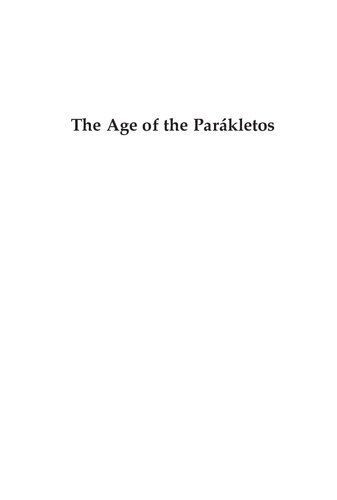

Most ebook files are in PDF format, so you can easily read them using various software such as Foxit Reader or directly on the Google Chrome browser.
Some ebook files are released by publishers in other formats such as .awz, .mobi, .epub, .fb2, etc. You may need to install specific software to read these formats on mobile/PC, such as Calibre.
Please read the tutorial at this link: https://ebookbell.com/faq
We offer FREE conversion to the popular formats you request; however, this may take some time. Therefore, right after payment, please email us, and we will try to provide the service as quickly as possible.
For some exceptional file formats or broken links (if any), please refrain from opening any disputes. Instead, email us first, and we will try to assist within a maximum of 6 hours.
EbookBell Team

4.0
26 reviewsThis book concerns the history of the Bible, Christianity, Rabbinic Judaism, and theological-political thought in the West. Its operation is threefold. First, it shows that the biblical text can be read as a theological-political narrative about a god who strives to be recognized as such by a group of people. Second, it reconstructs the history of the conversation that took place around this narrative from the fourth century BCE to the beginning of the Middle Ages, showing how it was dependent on social and political circumstances, rather than on theological notions. Lastly, it distinguishes between two strands of the conversation—the Christian and the Rabbinic—that carried the narrative through the Middle Ages and explains why the latter offered a more advanced interface with the political reality than the former. This book introduces a reading of the biblical narrative that takes seriously the difference between the two creation stories that begin the Book of Genesis and considers them as referring to two distinct divinities. This reading reveals in the Bible an overarching narrative about the god Yhwh, who tries to impose himself as the sovereign of Israel by claiming that he is the same god as Elohim—the benevolent creator of the perfect world.